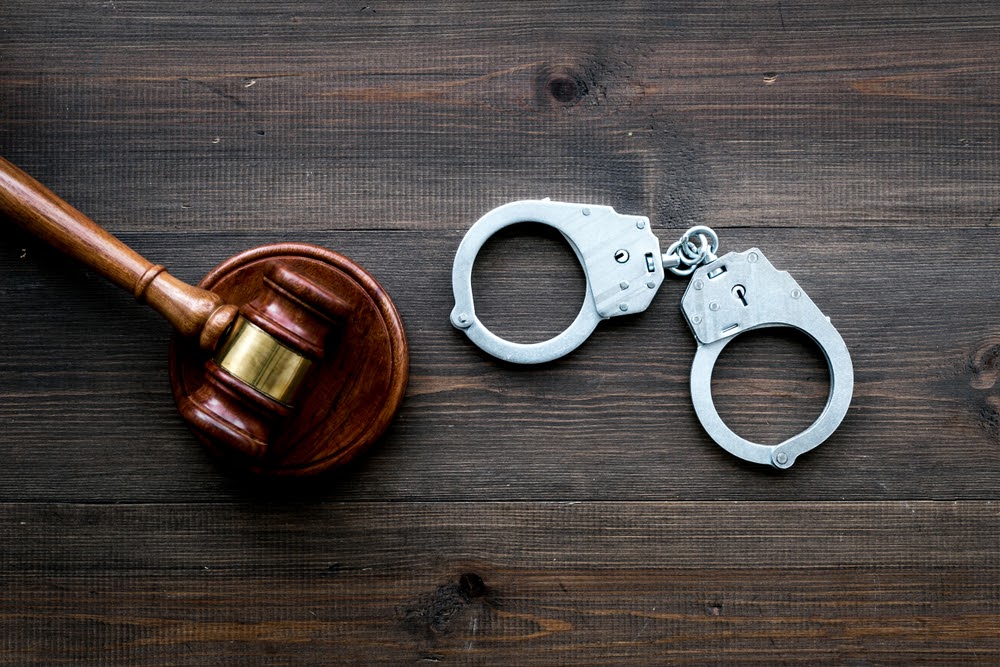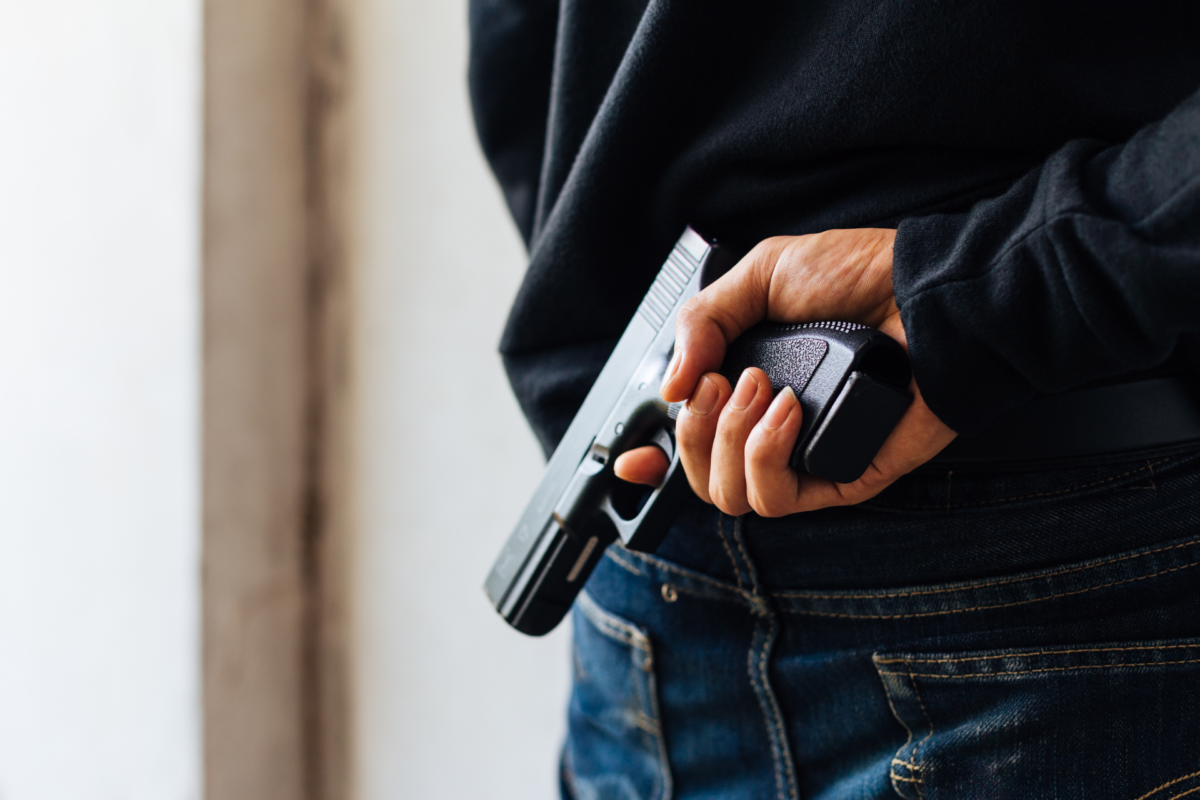While one might search for Mercer County criminal lawyers after an arrest, there is another reason they will want an attorney: resisting arrest. Those who resist their arrest can be found guilty of another crime that will be compounded with the initial punishment. If someone intentionally prevents or attempts to prevent a police officer from effecting an arrest, they will be guilty of a disorderly person’s offense. However, it is possible for individuals charged with this misdemeanor to prove their innocence and evade charges. Here is what steps you should take if you are ever charged with resisting arrest.
Seek Help From a Legal Professional
It is vital to seek legal help as soon as you can to seek protection. Reach out to a law firm to help you navigate the confusing legal world. A skilled attorney can help inform you of your constitutional rights, defend you in the courtroom, and provide other beneficial services.
Provide a Detailed Account of the Arrest
One of the important actions you can take to help your attorney during a charge pertaining to resisting arrest is providing as much information about the incident as possible. The prosecutor in charge of the case must prove in court that the defendant attempted to resist arrest. Telling your defense attorney about the details of the incident as thoroughly as possible can help them disprove the prosecution’s claims, so try to recall as much as you possibly can about the arrest. Here are specific details you should try to recall:
- Whether or not the police announced their intention to arrest you. If the officer did not, then you would not have known, as demonstrated in State v. Kane. Those who did not know they were under arrest can evade a disorderly person’s arrest charge.
- If you knowingly knew the purpose of the arrest and chose to resist, then the prosecution can make a case. Otherwise, your attorney can make a case for you.
- Sometimes, the defendant might unintentionally resist arrest due to factors such as fear or pain causing them to stiffen or shake. In these circumstances, the defense can argue the resistance was not intentional and thus not intended.
- Keep track of everything the arresting officers did during your arrest. If they did something inappropriate or out of line, then their misconduct can serve as your defense.
Know What Will Not Help Your Attorney
While several key details can help in dropping the charge of resisting arrest, several factors will not. Below are some facets of the incident that can not be used in your defense.
- An unjust arrest does not eliminate a disorderly person’s offense. For instance, even if you can prove you legally purchased an item with a receipt when you were arrested for theft, resisting arrest is still a crime because the law discourages potential escalation in violence.
- If police use excessive force, it can be justified if it was necessary to subdue a defendant who resisted arrest.
If you need the assistance of DUI lawyers in Burlington, NJ, or other parts of The Garden State, contact The Law Offices of Zapicchi and Liller LLP today.










